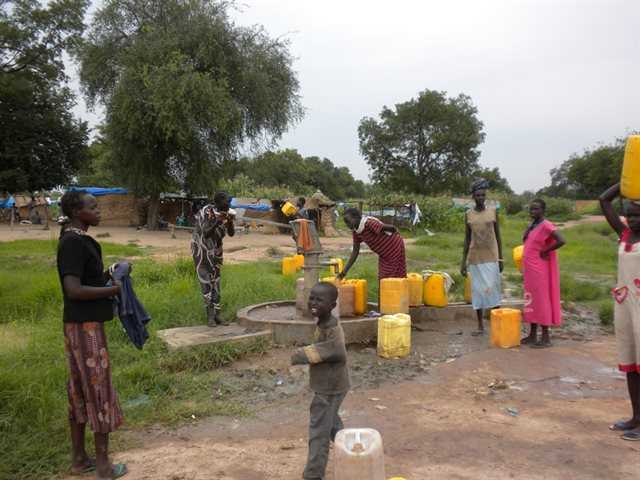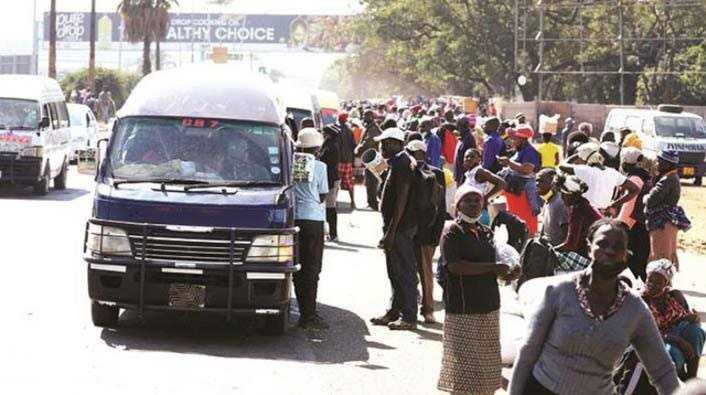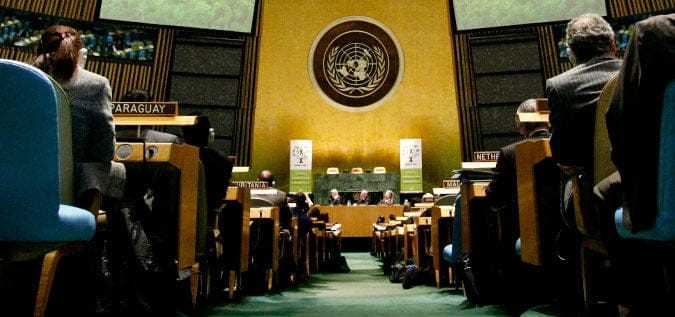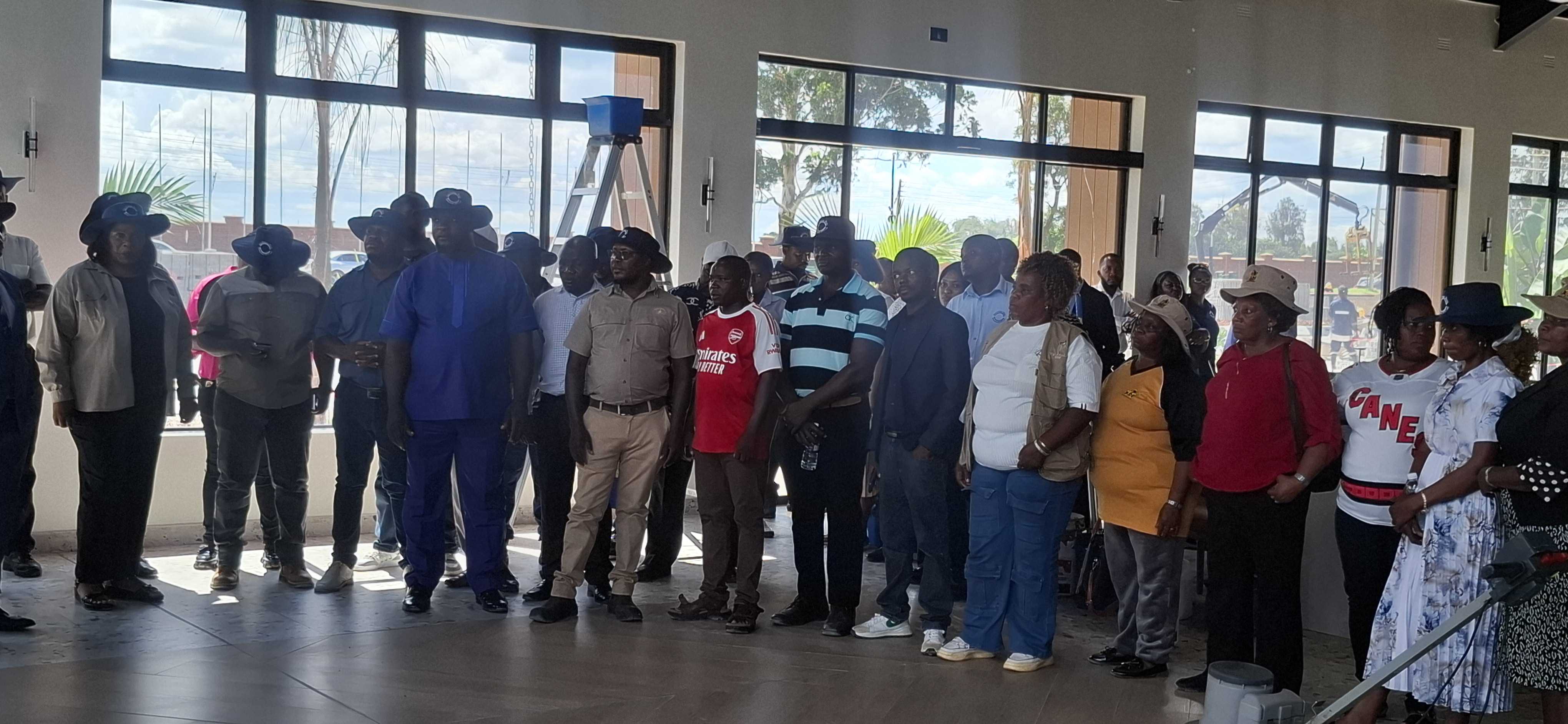
Zim Now Writer
The Harare City Council has temporarily decommissioned 15 boreholes that were found to be contaminated with faecal matter and are suspected to have been the source of typhoid cases reported in some suburbs in the capital.
The development has raised fears of a cholera outbreak as cases of the deadly disease have been reported in Malawi and Zambia.
Tests on water samples taken from 127 boreholes in Glen Norah, Mbare and Budiriro showed significant traces of E. coli bacteria, indicating the presence of human waste as City Health authorities are monitoring 72 suspected typhoid cases while 20 others have already been confirmed.
Related Stories
Experts have attributed the spike in water-borne diseases in the capital to council’s failure to provide clean running water, collect refuse and attend to timely to burst sewer pipes.
Government has already activated its cholera surveillance system, and has dispatched medical supplies used in managing cholera to health centres in suburbs that are considered hotspots.
City of Harare epidemiology and disease control officer Dr Michael Vere said the surge in suspected typhoid cases has been linked to the contaminated boreholes.
“We have tested several boreholes in Harare — a total of 127 — and we discovered that seven boreholes were contaminated with faecal matter in Glen Norah and eight boreholes in Mbare,” he said.
“We temporarily closed these boreholes and installed in-line chlorinators; these are devices that contain chlorine, which kills all the bacteria in the water to make it safe for use,” he said, adding that City authorities plan to increase potable water pumped into areas where boreholes have been decommissioned.




















Leave Comments